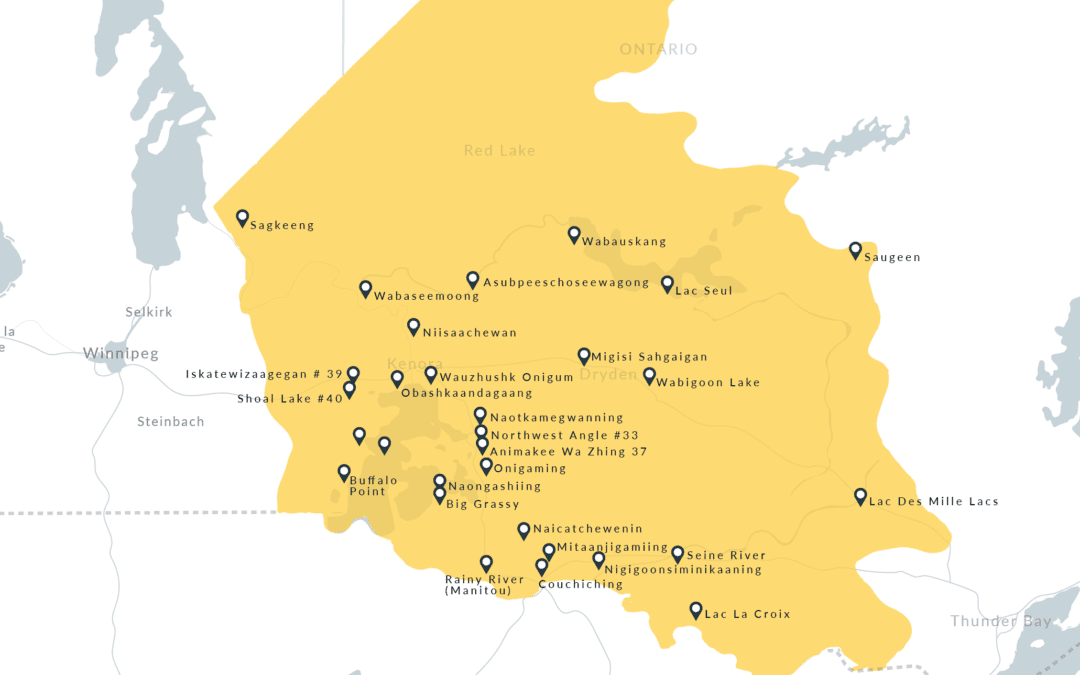As our society grapples with increasing mental health challenges, police services must adapt to support their officers effectively. At Treaty Three Police Service (T3PS), recognizing this critical need, several initiatives have been implemented to prioritize the mental well-being of its members.
The formation of a wellness committee and a Peer Support team marks a significant step forward in addressing mental health within T3PS. These initiatives provide officers with avenues to seek support and guidance in navigating the unique stressors of their profession. Utilizing innovative tools like the PeerConnect application, officers can request peer support promptly, ensuring timely assistance for themselves or their colleagues.
Moreover, T3PS has expanded its mental health benefits to encompass comprehensive support, including unlimited coverage for psychologist appointments. By recognizing the importance of accessible mental health resources, T3PS demonstrates its commitment to the holistic well-being of its members. Internal management actively solicits feedback from employees, continually seeking to enhance these support systems. Recent initiatives, such as catered shift dinners for frontline officers, exemplify this commitment to boosting morale and fostering productivity.
As a member of the Peer Support Team, I have witnessed firsthand the transformative impact of these initiatives. Spending countless hours listening to fellow officers, I have seen the power of providing a safe space for open dialogue and support. Many officers initially skeptical of the Peer Support program have experienced a change of heart after engaging in conversations. Feeling valued and cared for within the organization, they acknowledge the benefits of seeking support from peers, often describing it as being “looked after” in a profound and meaningful way.
The implementation of mental health initiatives at T3PS not only improves the well-being of individual officers but also enhances the overall effectiveness of the police service. By prioritizing mental health, T3PS fosters a culture of resilience, camaraderie, and support. Officers who feel supported and empowered are better equipped to serve their communities with professionalism and compassion.
However, the journey towards prioritizing mental health in policing is ongoing. It requires ongoing commitment, resources, and a cultural shift within law enforcement agencies. T3PS serves as a model for proactive mental health initiatives, inspiring other police services to prioritize the well-being of their officers.
Sergeant Aaron Genaille has spent his entire 17 year career with T3PS.
